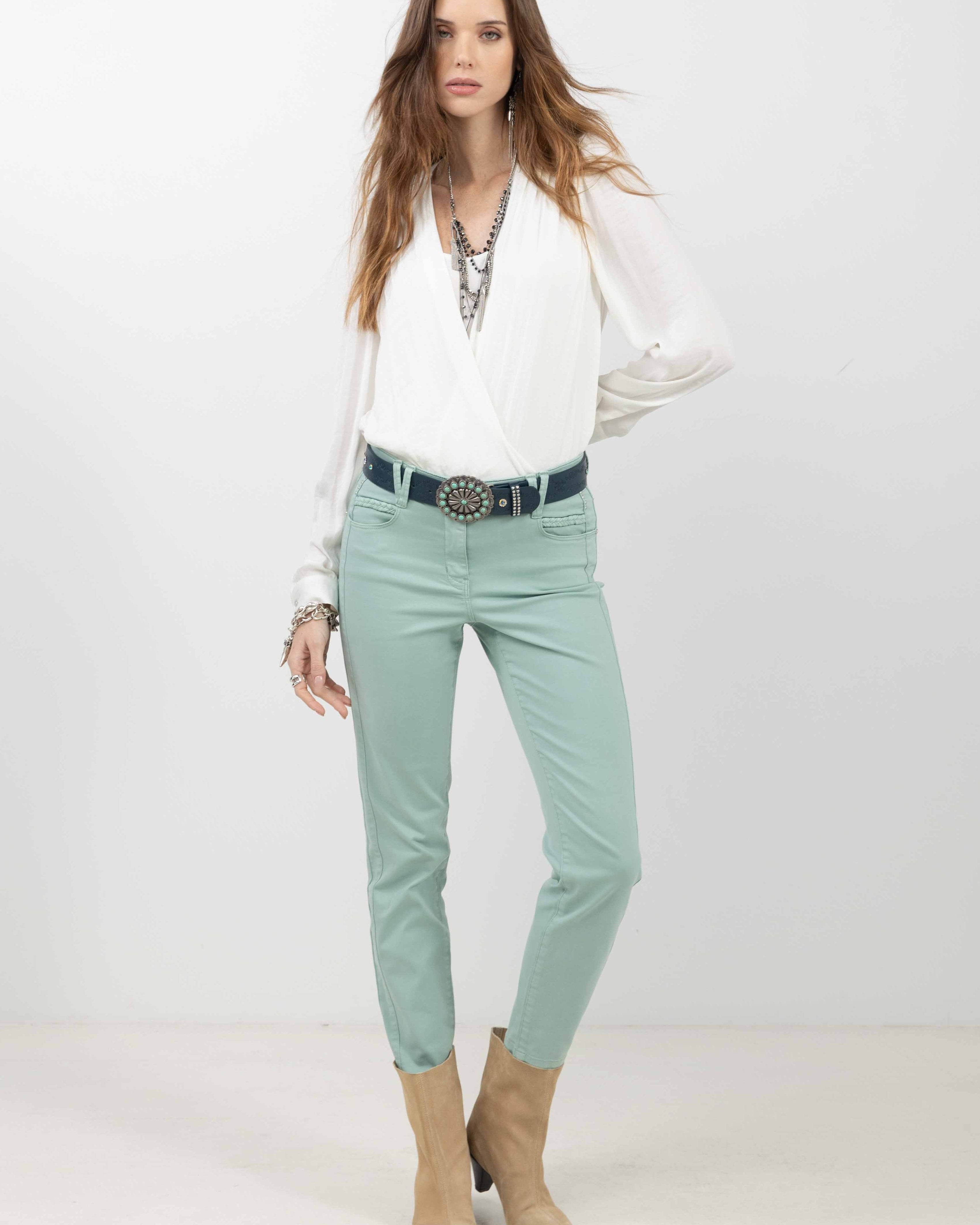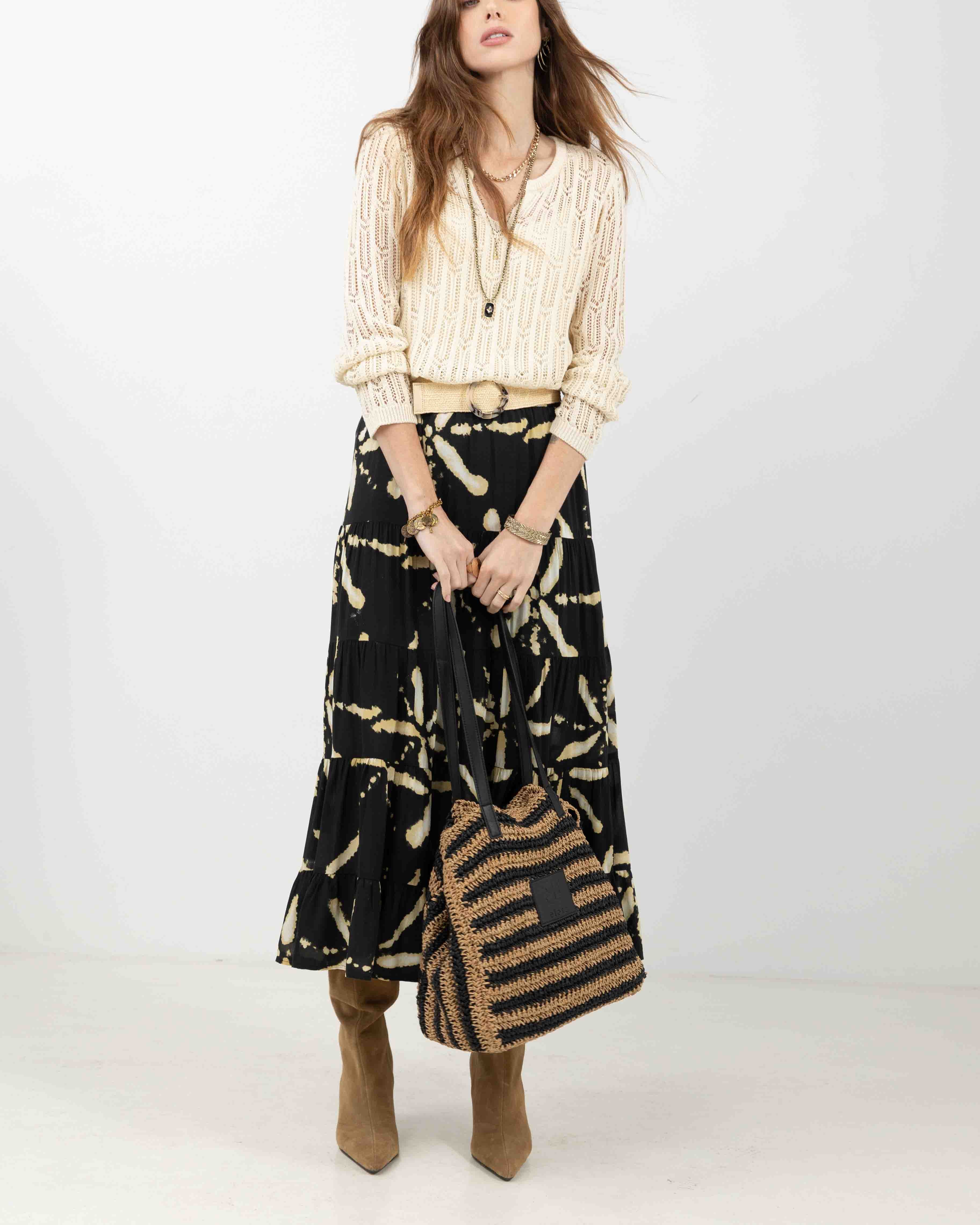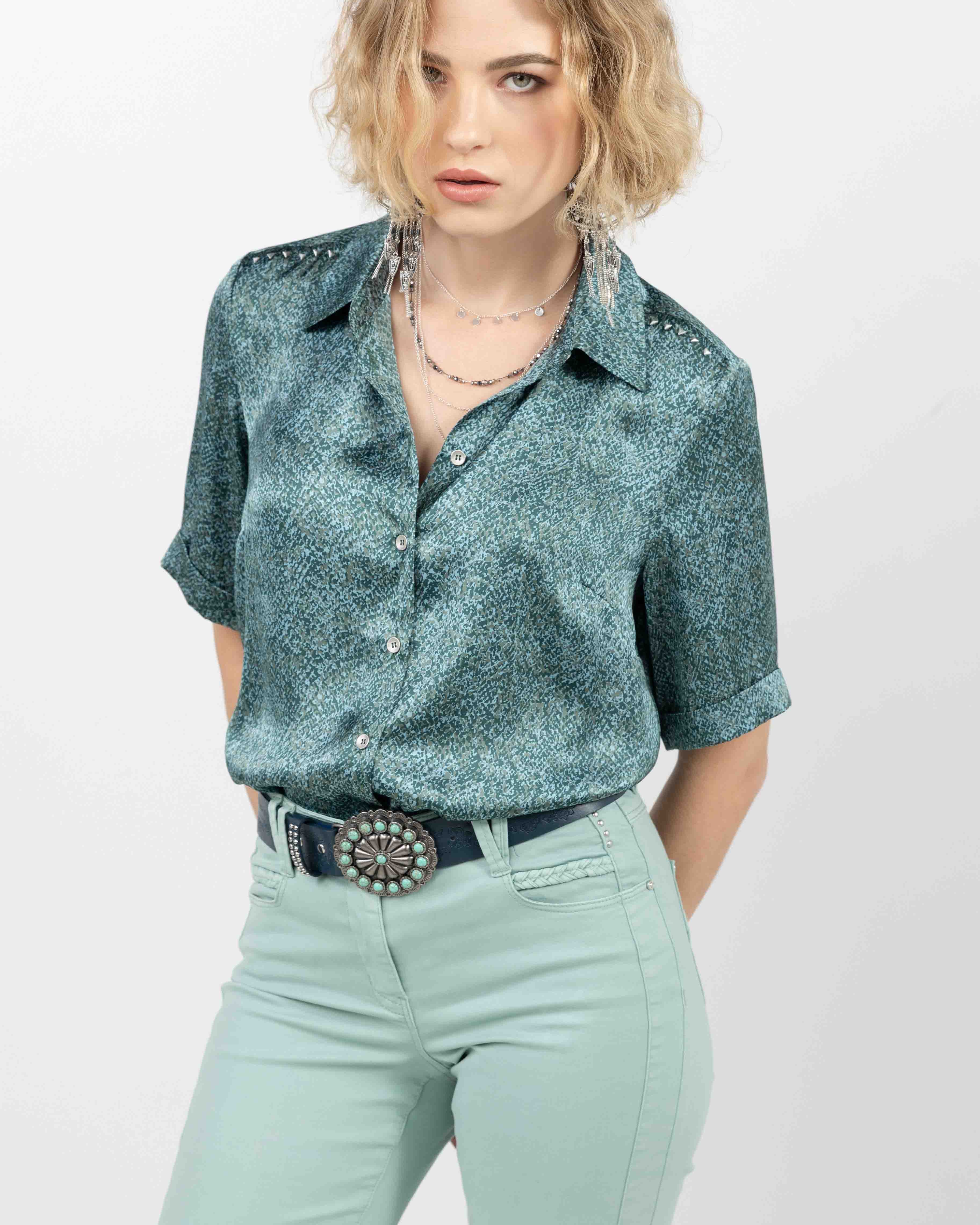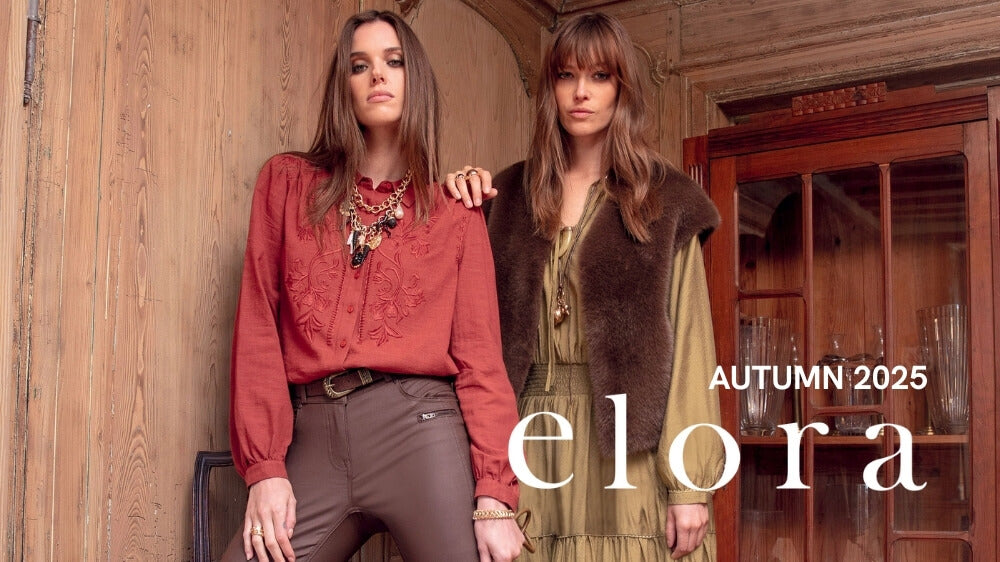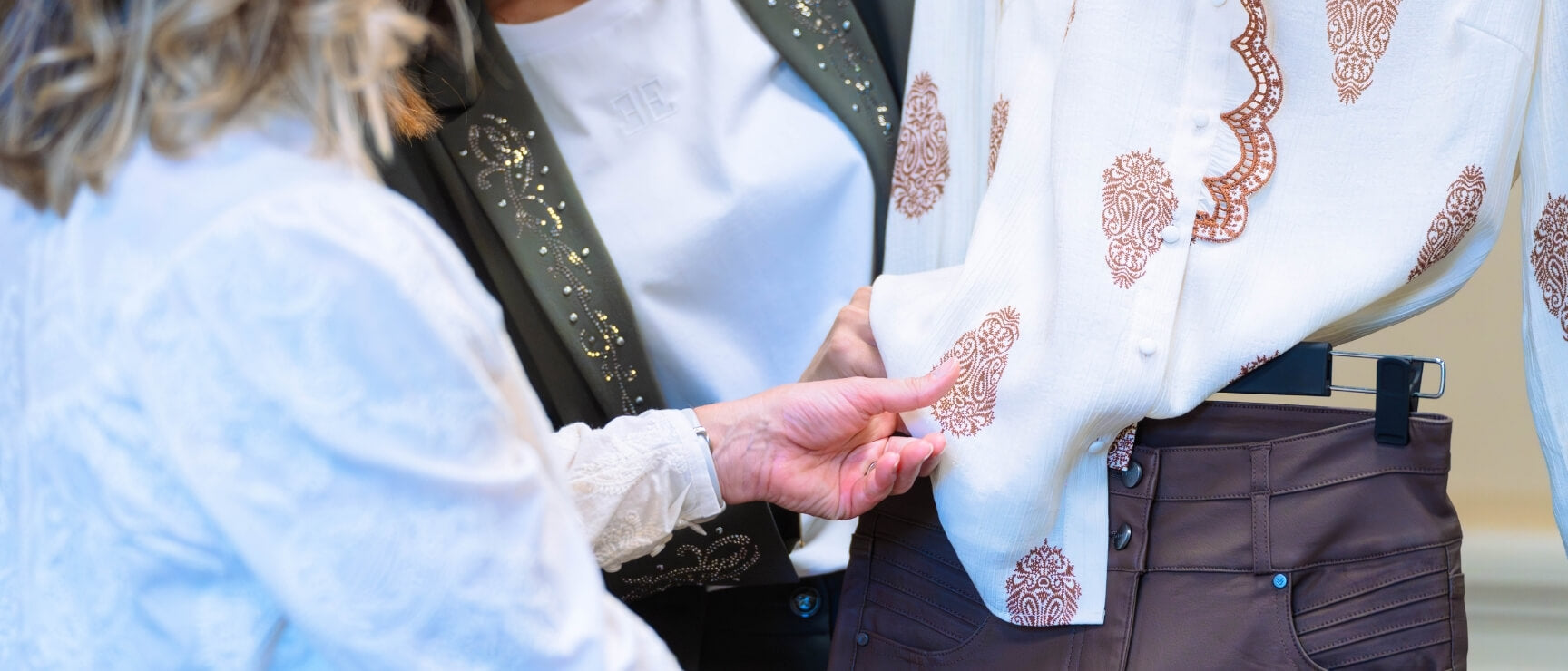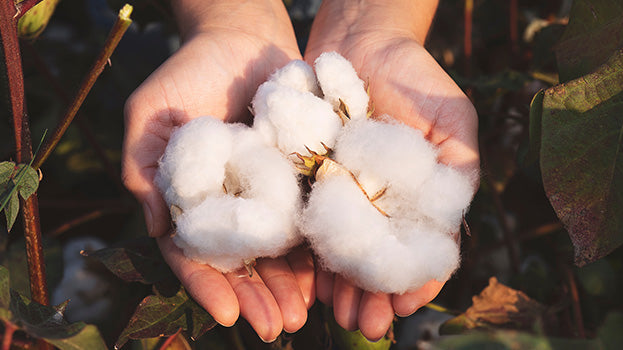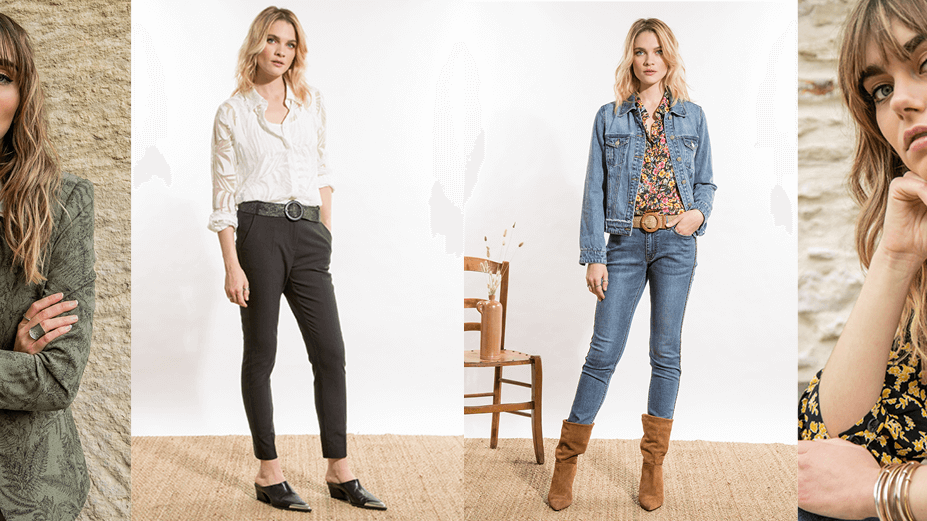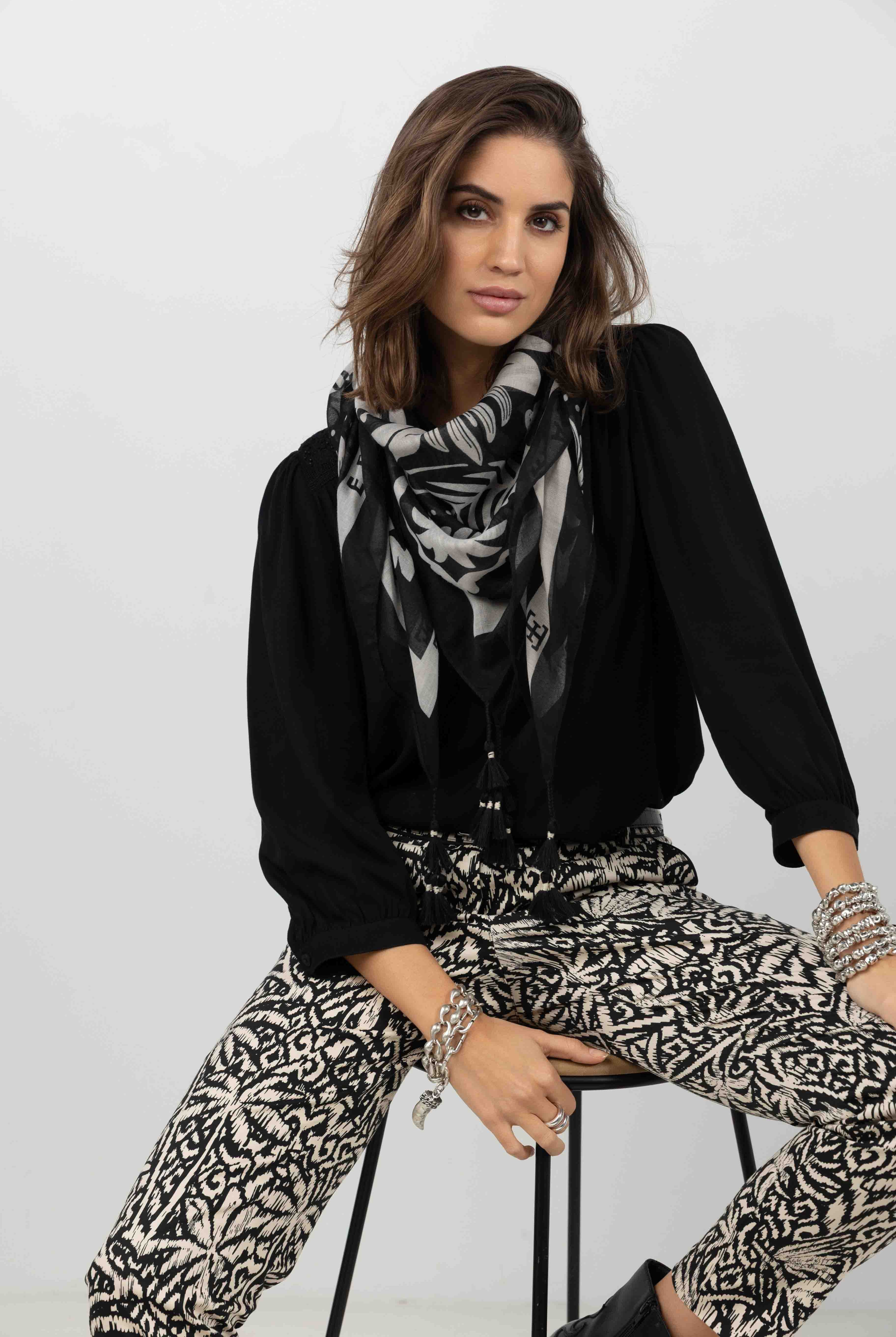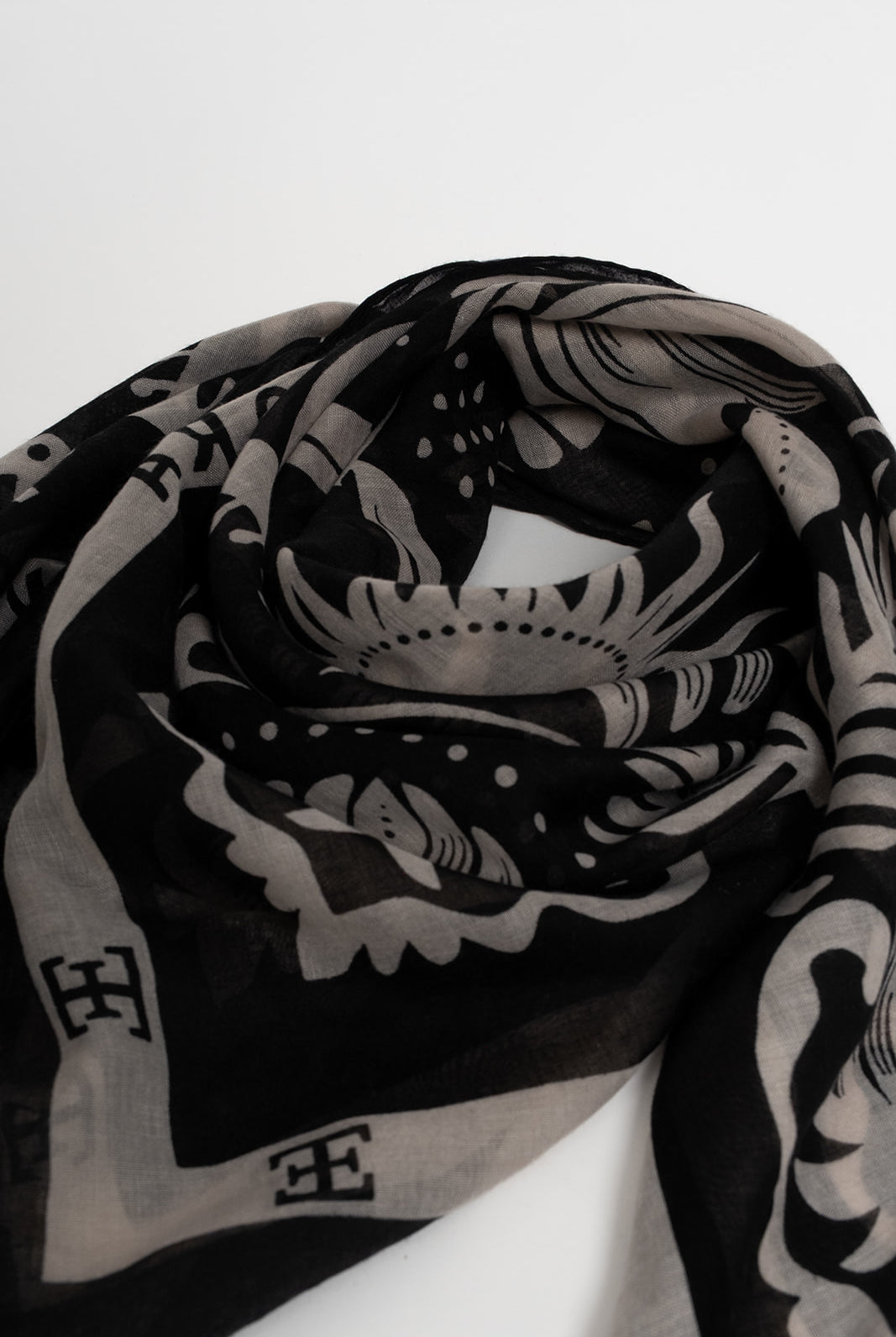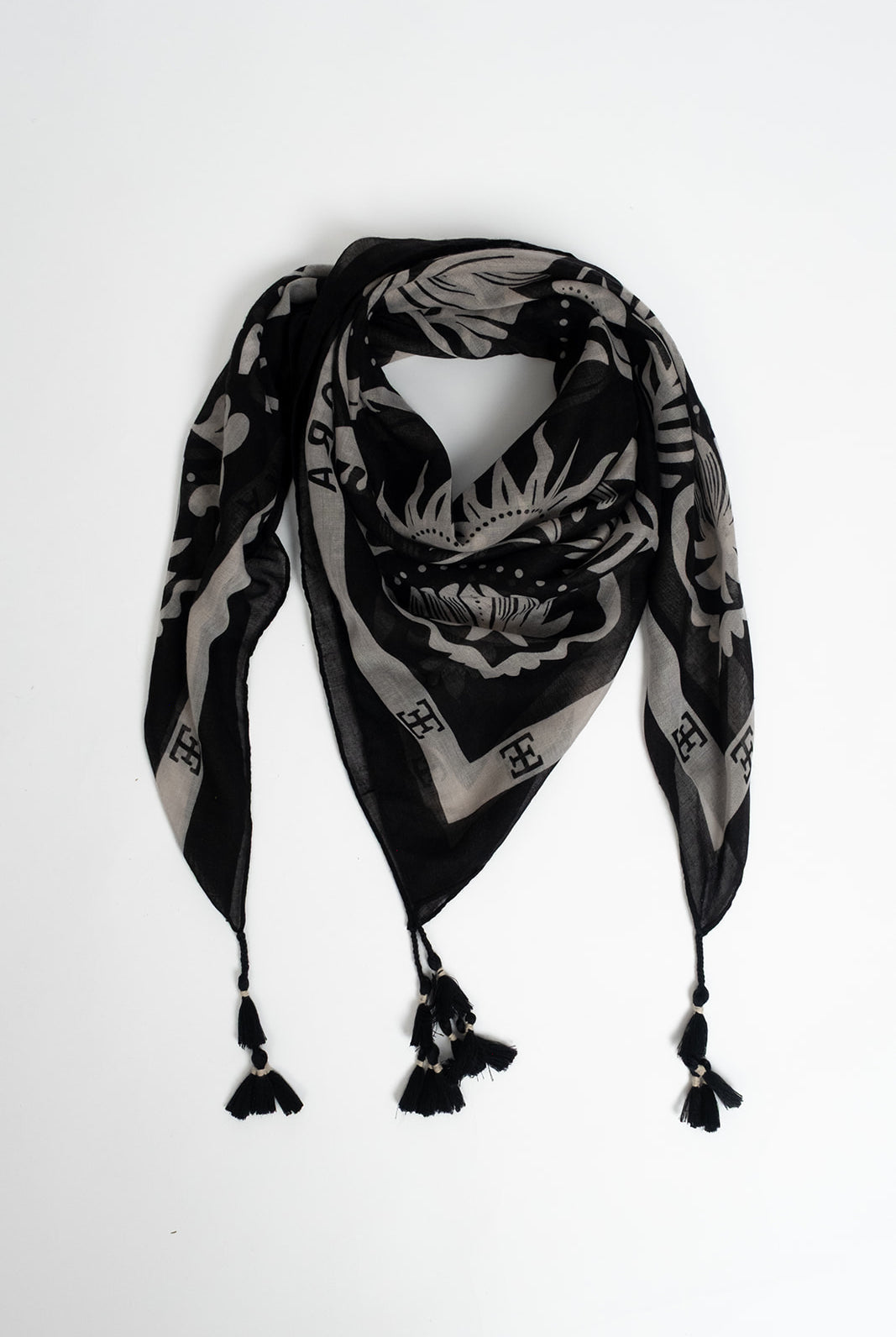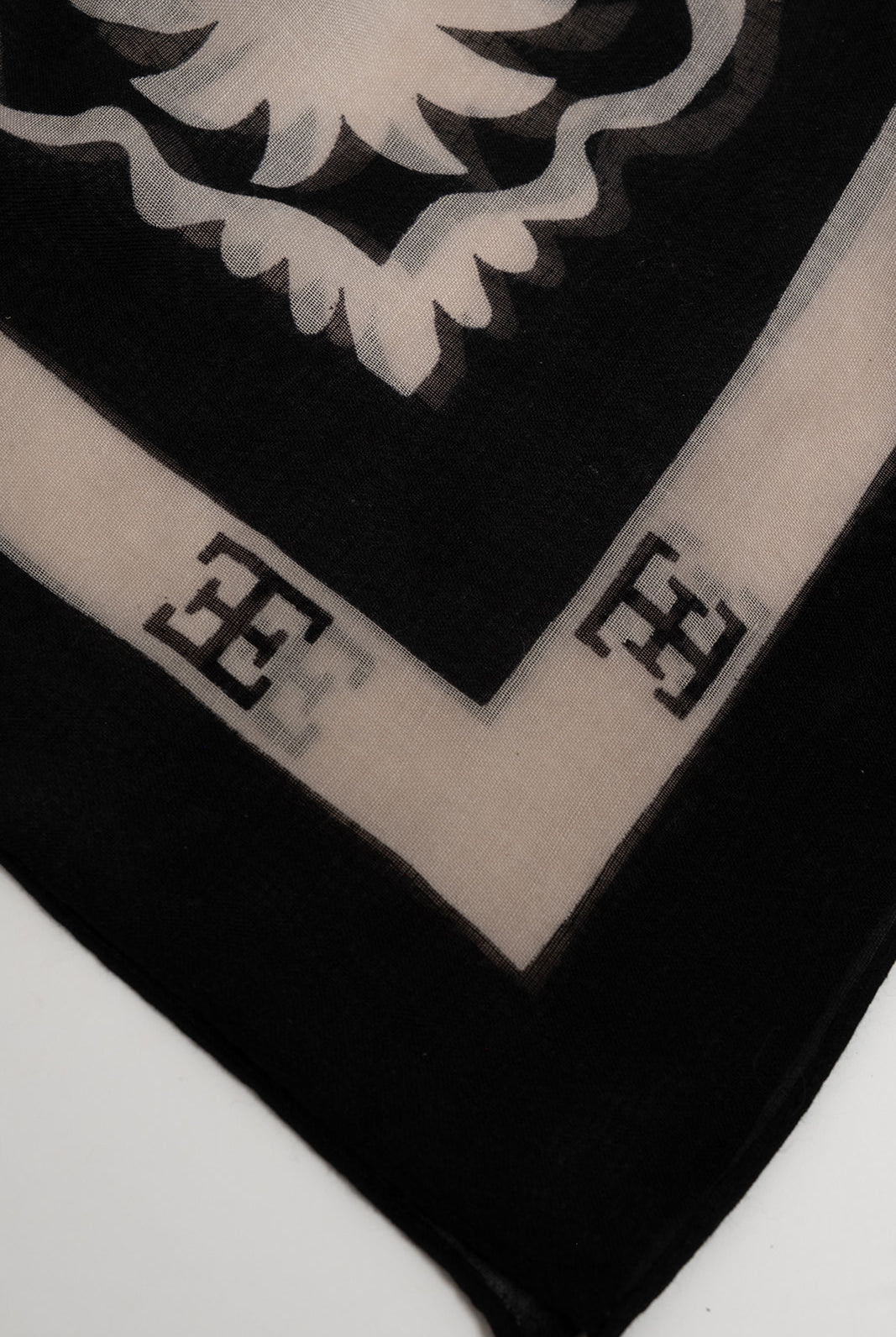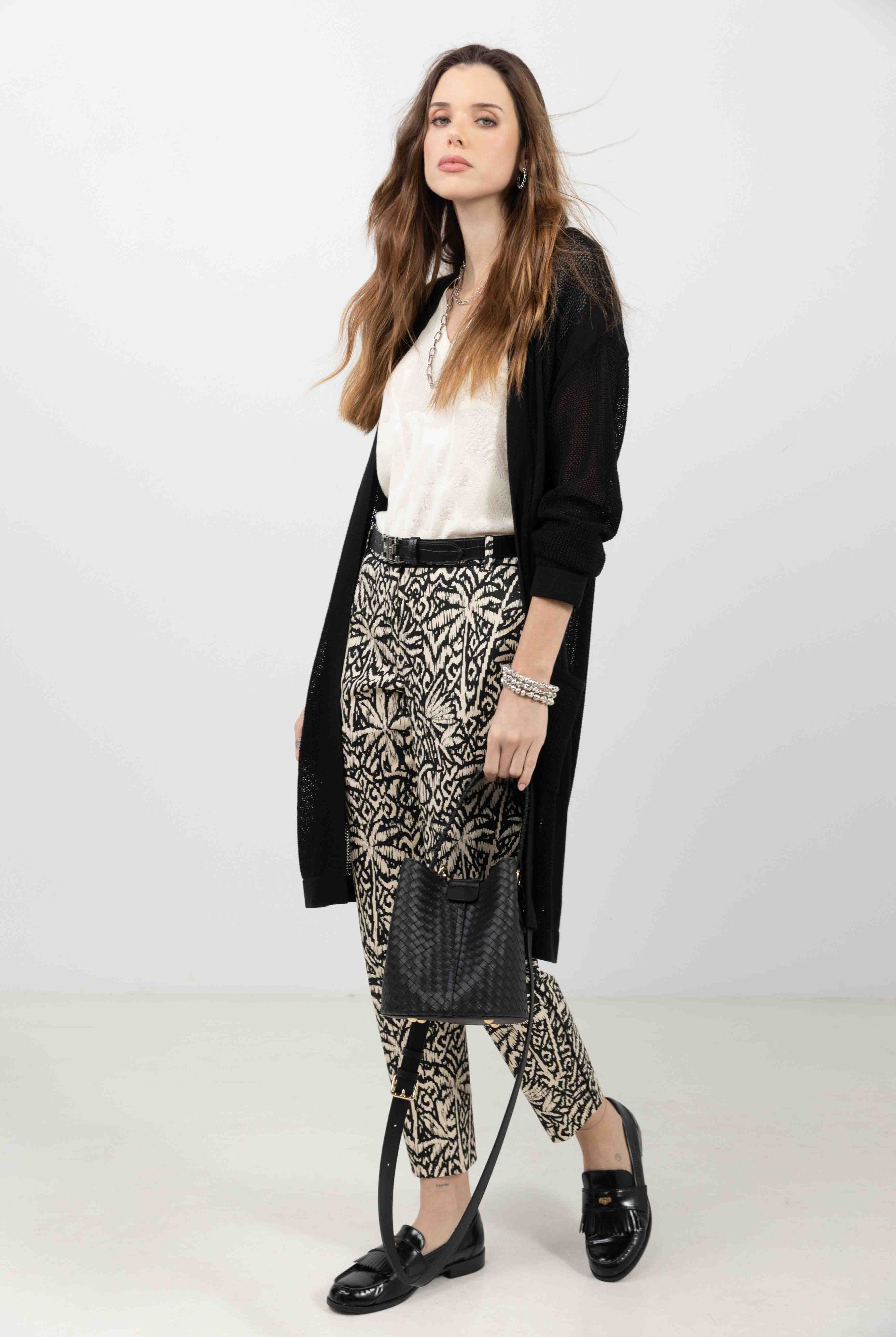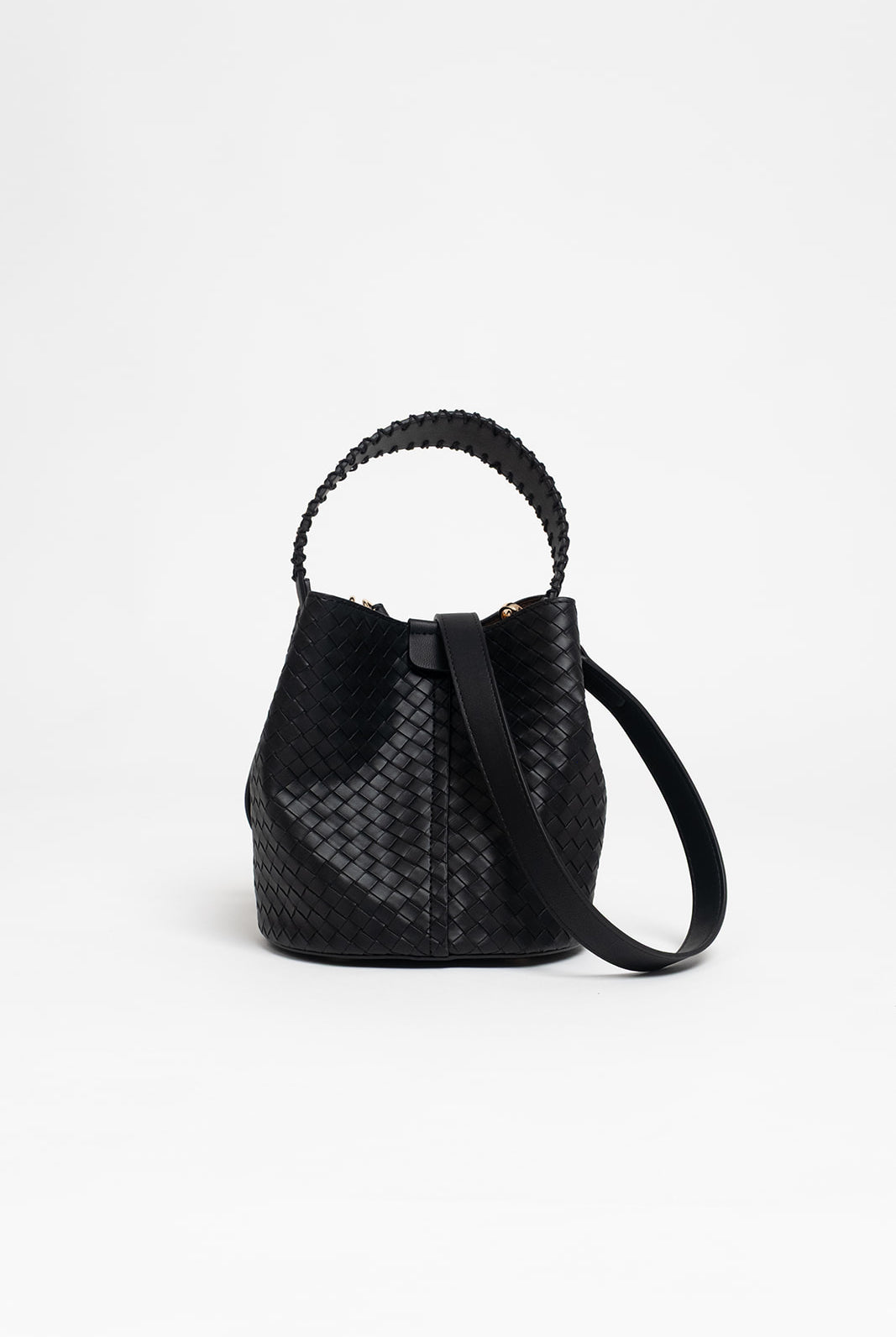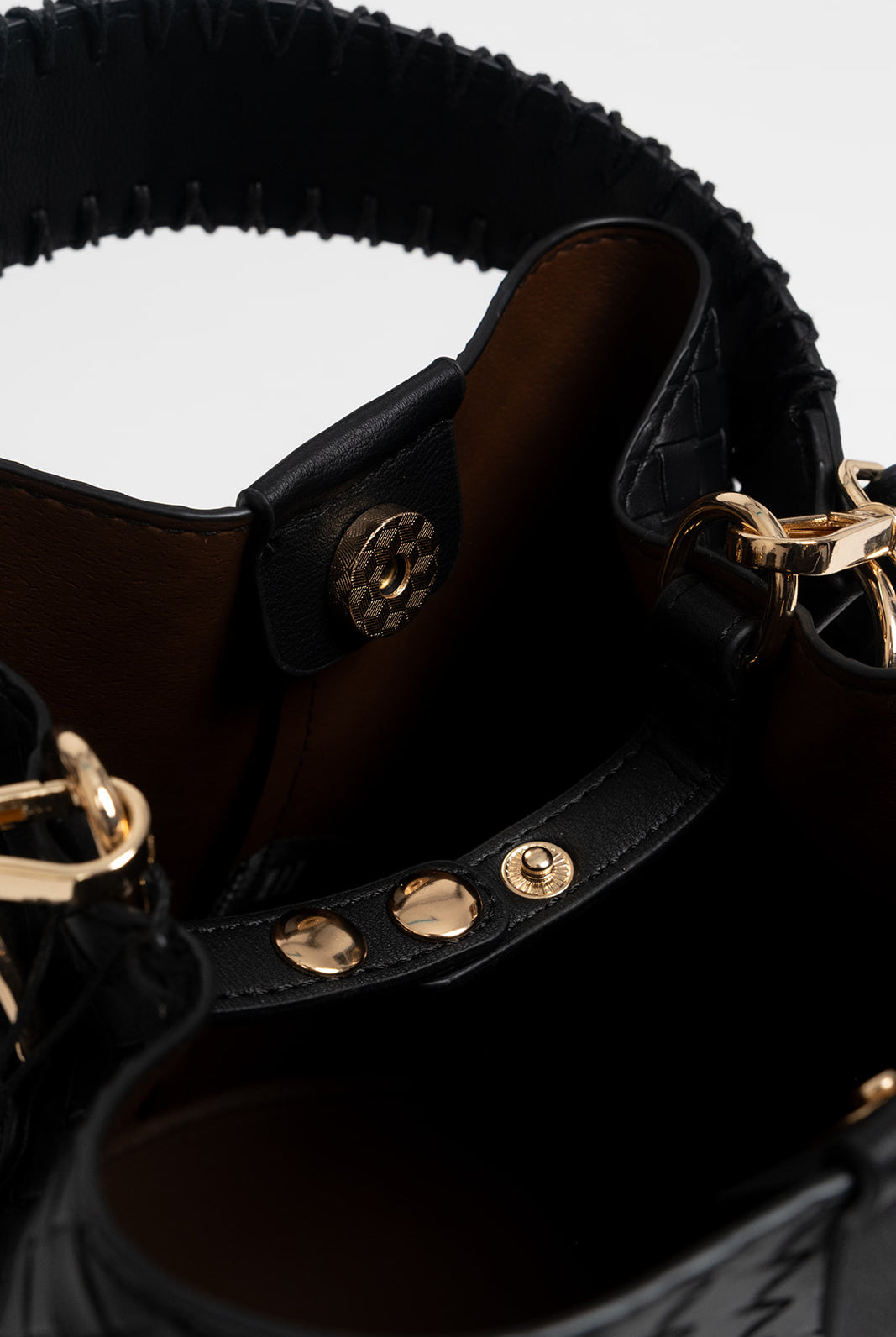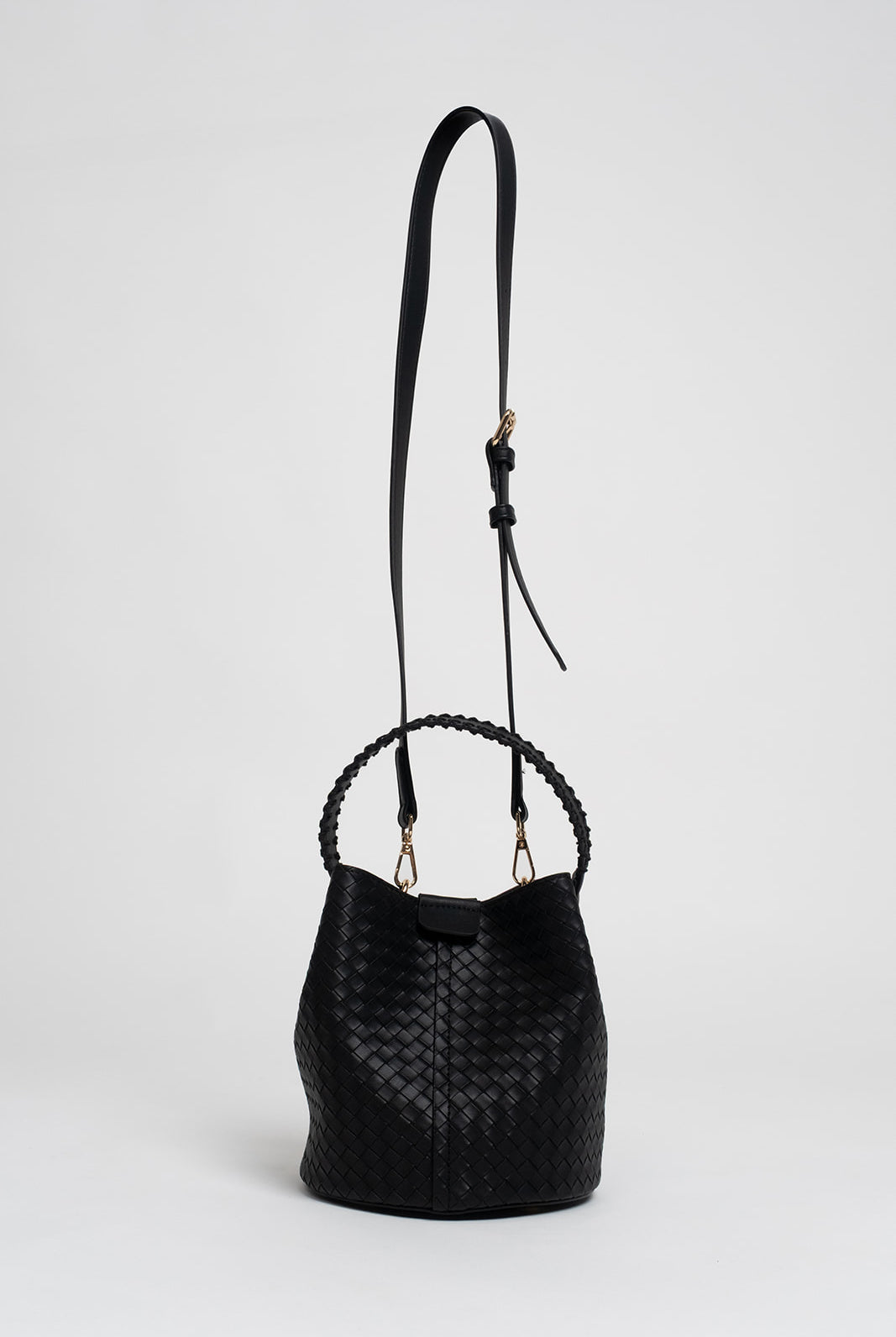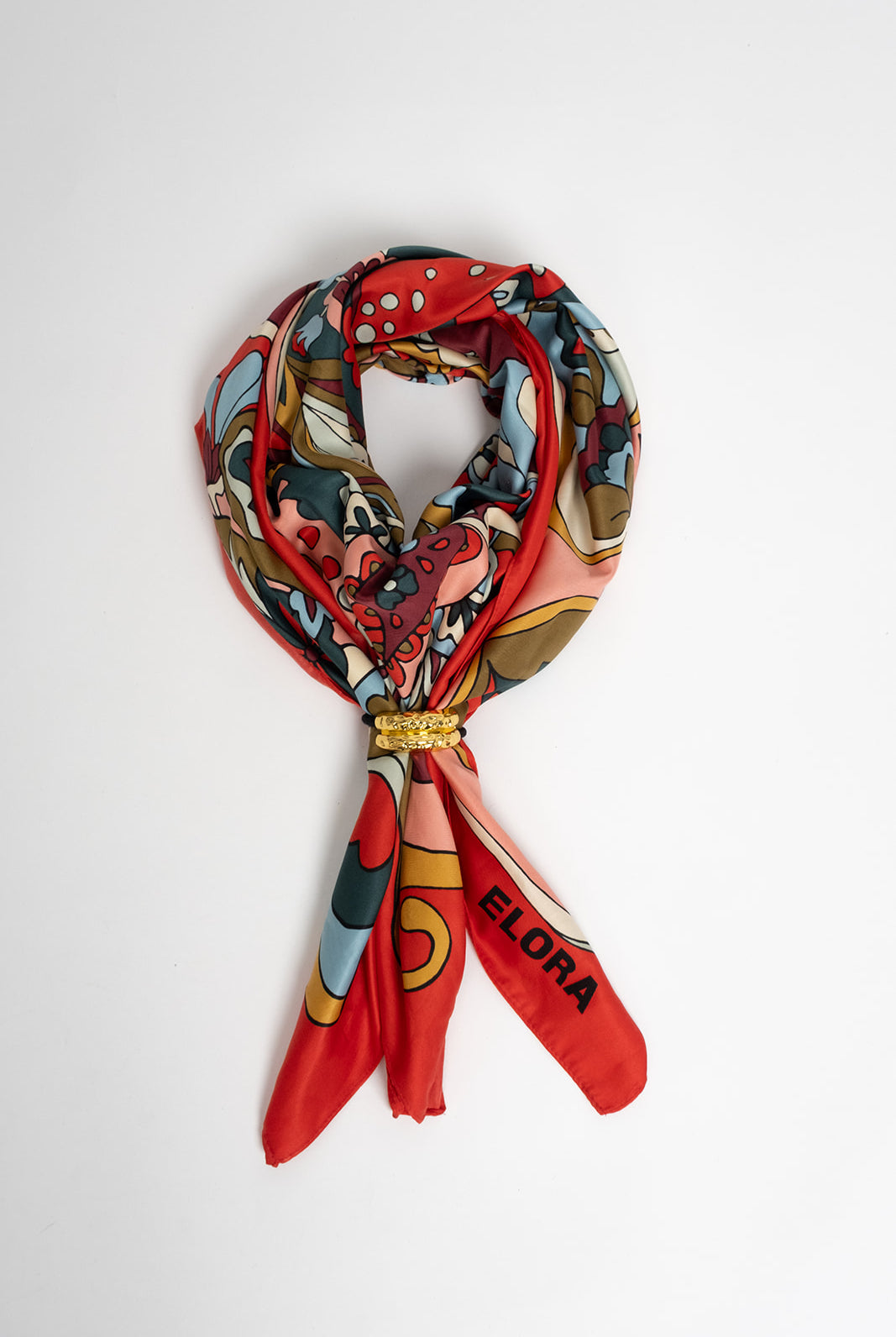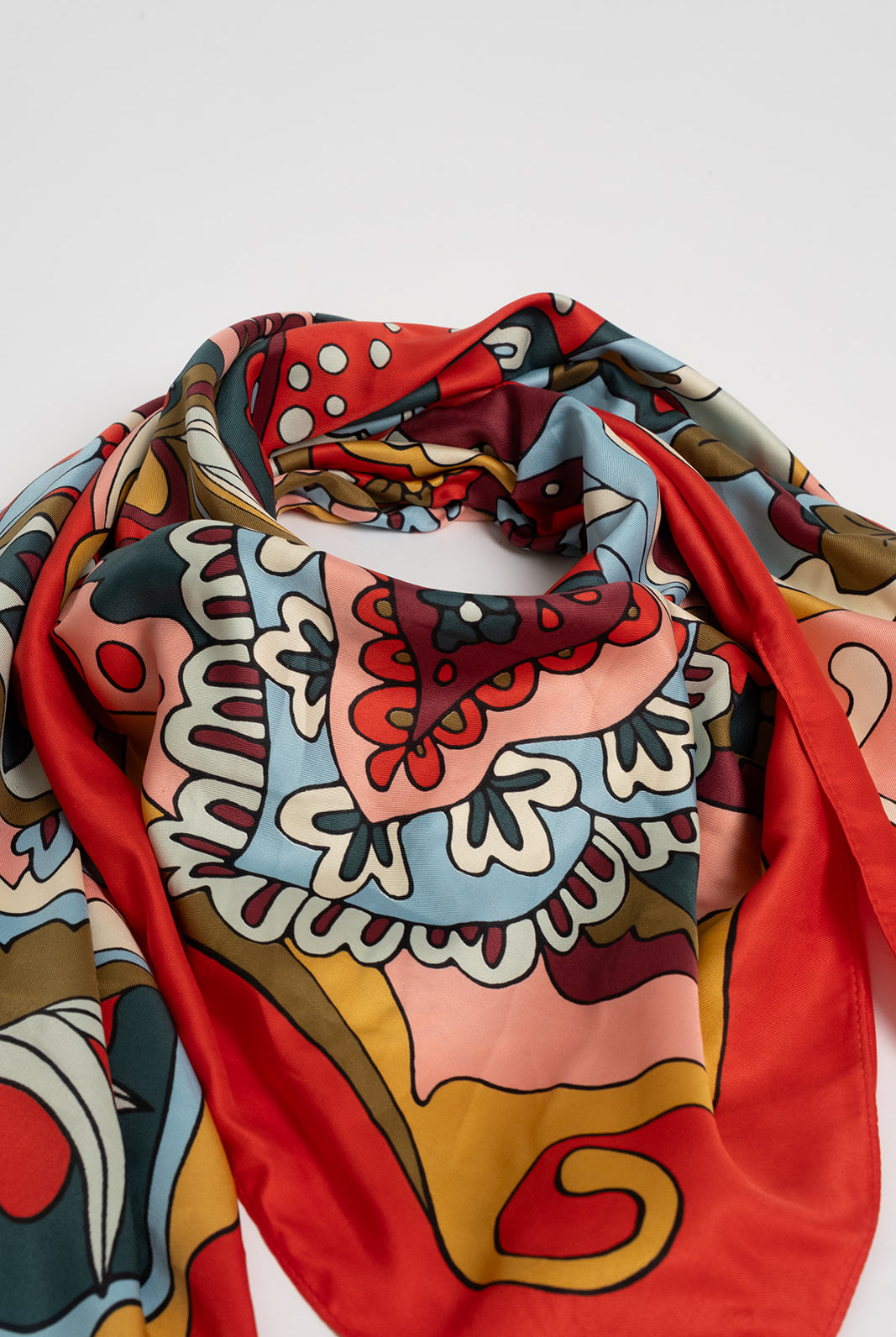Women's fashion: inspiration, trends and style tips
Ethical and eco-friendly blouses and tunics: sustainable fashion
Discover ethical and eco-friendly blouses and tunics, for a sustainable and environmentally respectful style.
How to wear the blouse in every season?
Discover our tips for wearing a blouse with style in every season, for a flawless and timeless look: advice to stay fashionable and comfortable!
Which dress suits my body shape?
Choose the perfect dress for every occasion, tailored to your body shape. Discover tips to enhance your figure in an exclusive guide by Elora!
The perfect dress for every occasion: celebration, office, evening out | Elora
Women’s trouser trends for 2026
Casual chic sweaters and cardigans: materials, cuts, and styles | Elora
Casual chic style with our Elora jumpers and cardigans: perfect fabrics and cuts! Free delivery from €150, free returns within 21 days.
Which trousers should you choose if you have a bit of a tummy?
Discover our tips and figure advice to choose the right trousers or jeans that will flatter your shape and gently conceal your tummy.
Everything you need to know about V-shaped body types
By playing with fabrics, cuts, shades, and prints, you can highlight your proportions with elegance and creativity. Ready-to-wear fashion then becomes a playground where each carefully chosen piece reveals your personality and style.
How to dress when you're petite?
Discover our style tips for petite women and learn how to choose trendy clothes that will elongate and enhance your silhouette.
Everything you need to know about A-shaped body types
Know your color profile
Discover how to define your color profile and find the shades that enhance your complexion and your style.
Everything you need to know about H-shaped body types
Discover Elora’s tips for dressing well and enhancing an H-shaped body type. Choose the cuts and styles that suit your silhouette.
